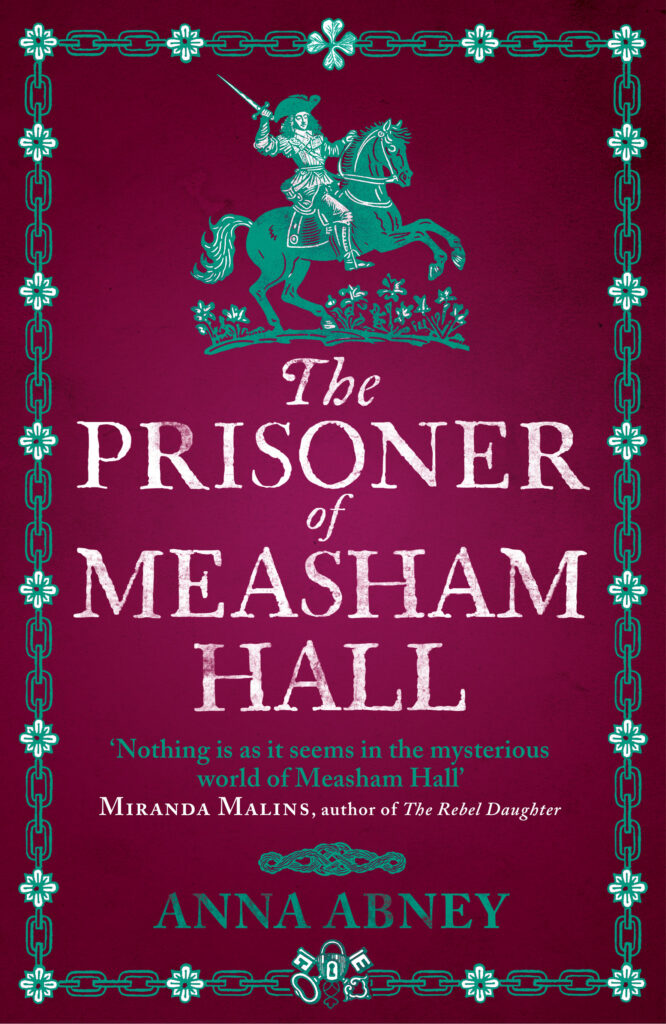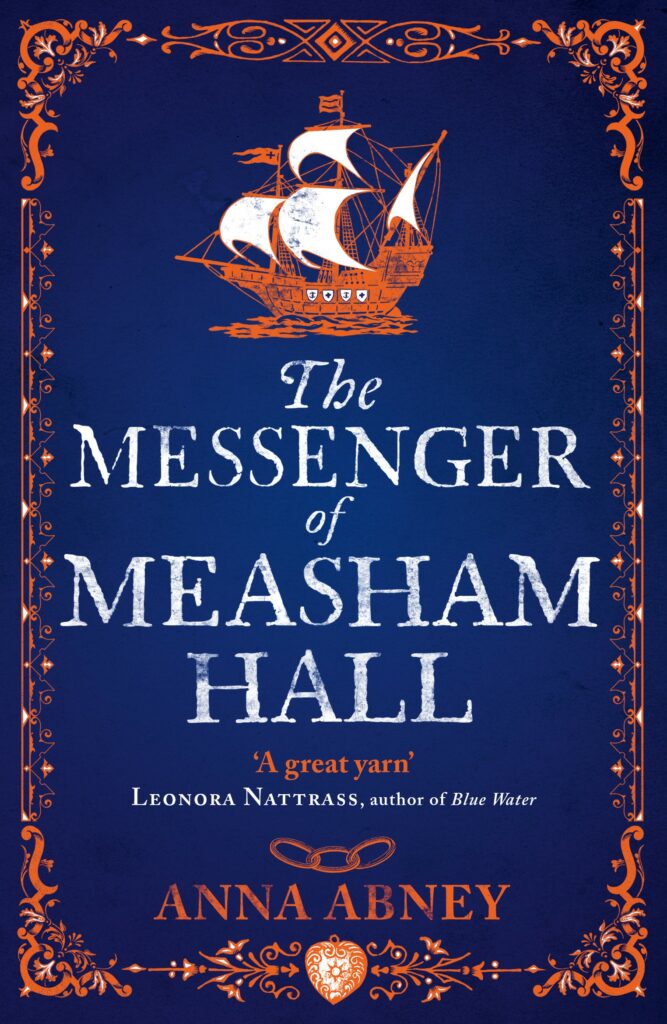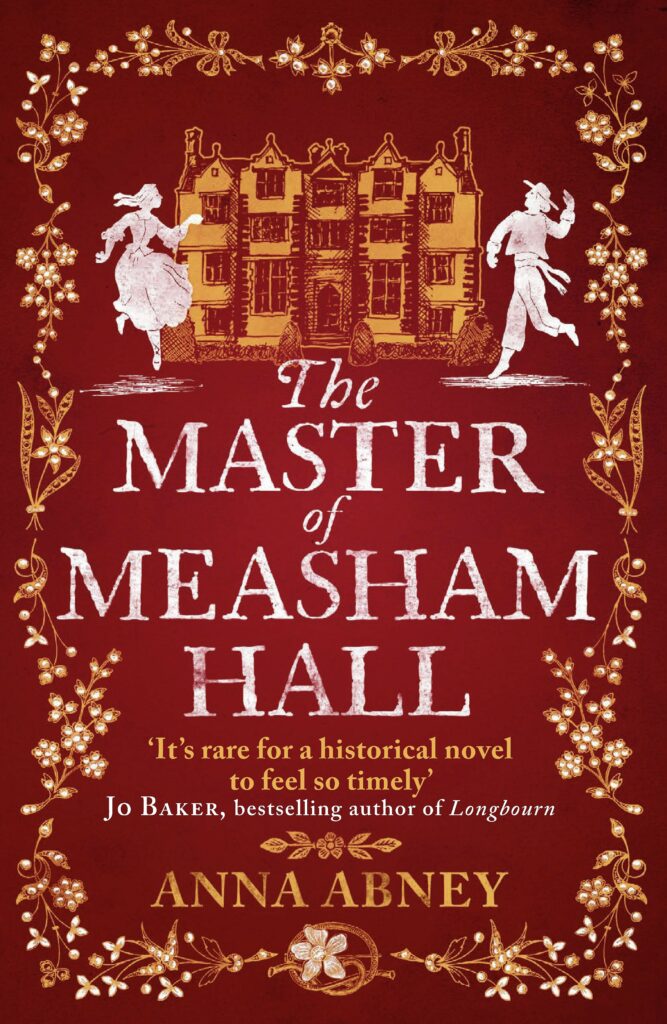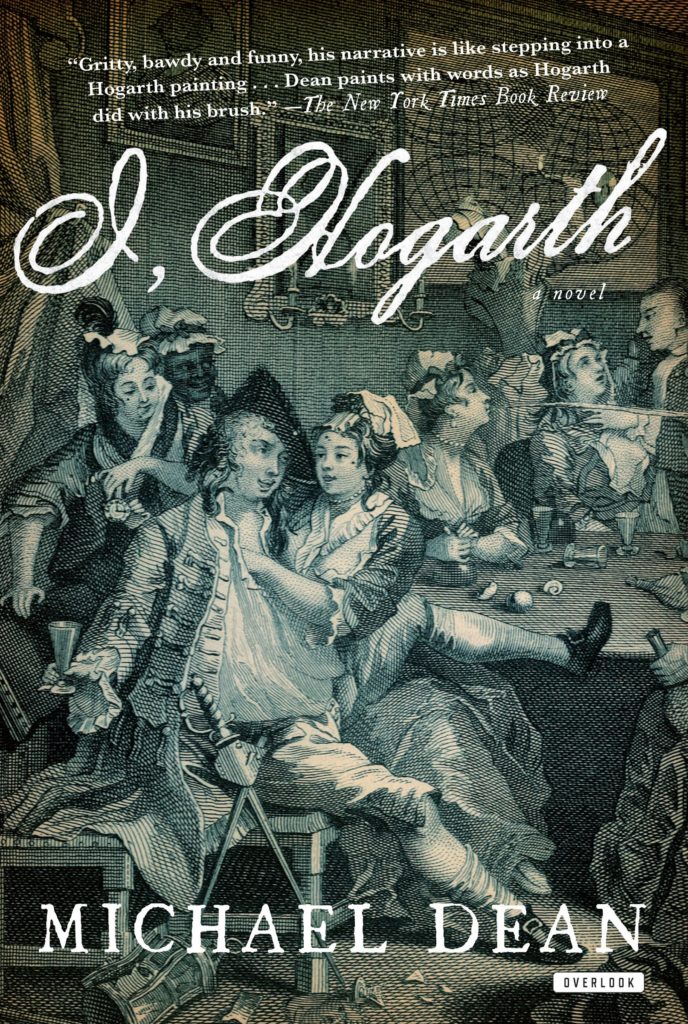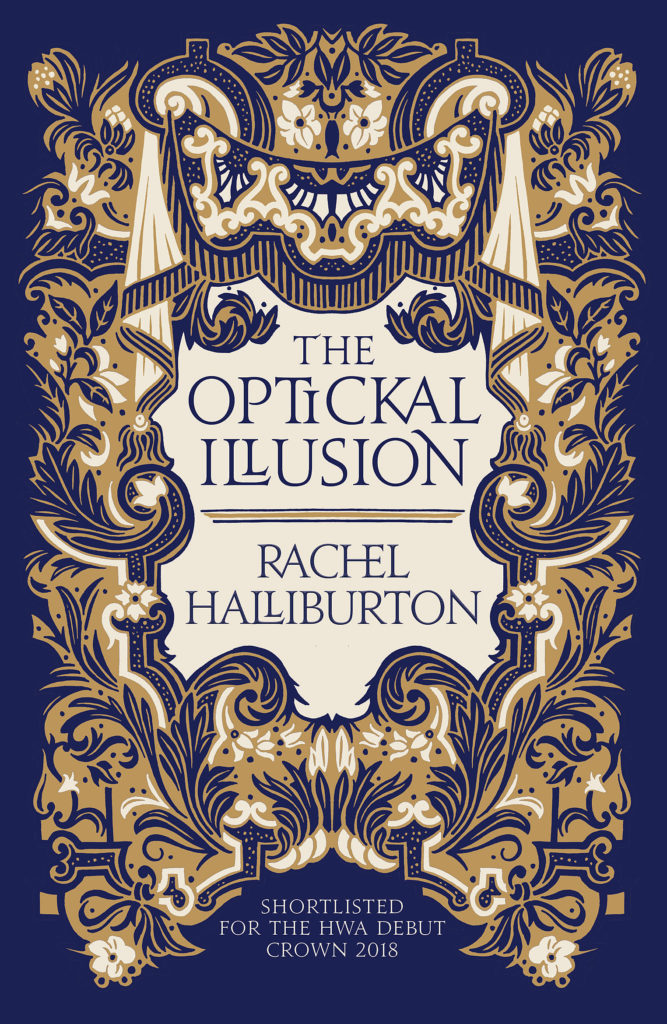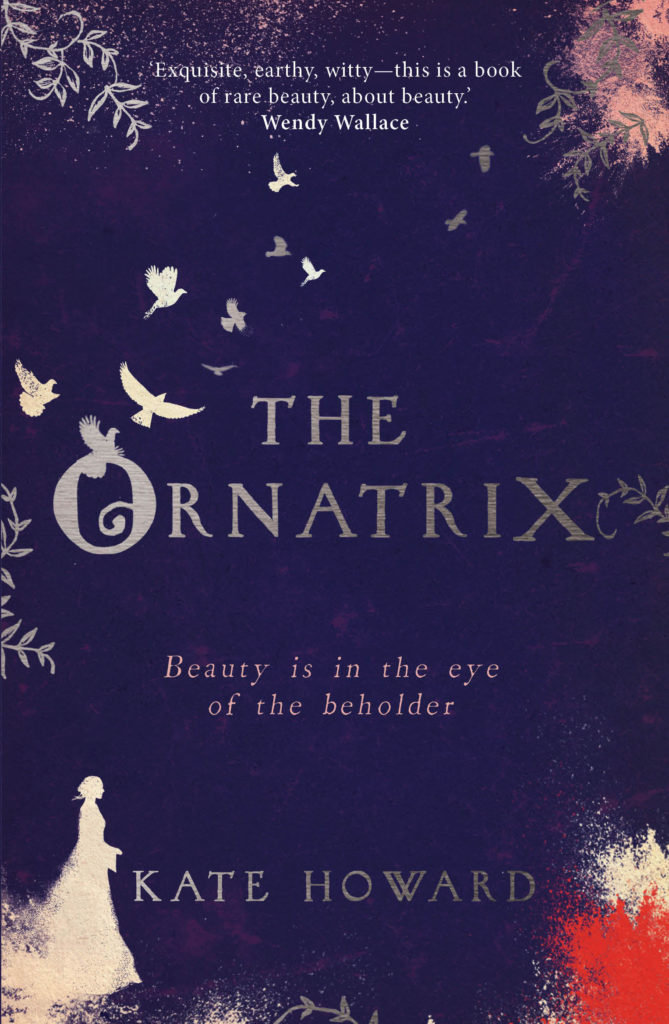
December, 1653, England. The Puritan parliament has outlawed the celebration of Christmas and while shops must stay open every day, the theatres have been forced to close their doors.
The Hawthorne family have been allowed to return to their ancestral home, Measham Hall, just in time for Christmas. This is only after Sir Nicholas Hawthorne has reluctantly agreed to take an oath of loyalty to the Commonwealth. When a theatre troupe begging alms turn up on their doorstep, the family’s Catholic traditions of hospitality and charity dictate they must welcome the strangers in, despite the risks involved. These magical and exuberant guests transform Christmas at Measham Hall into a secret celebration, filled with theatrical performances, music and bountiful banquets, much to the delight of the children, William and Alethea.
This festive prequel to The Master of Measham Hall is a delightful tale of a small rebellion and sows the seed for decisions William and Alethea will make in years to come.
